UK MHRA recalls batches of eye gels due to microbial contamination
Pharmaceutical Technology
NOVEMBER 27, 2023
The UK MHRA has issued a recall of batches of carbomer-containing lubricating eye gels due to potential microbial contamination.
This site uses cookies to improve your experience. By viewing our content, you are accepting the use of cookies. To help us insure we adhere to various privacy regulations, please select your country/region of residence. If you do not select a country we will assume you are from the United States. View our privacy policy and terms of use.

Pharmaceutical Technology
NOVEMBER 27, 2023
The UK MHRA has issued a recall of batches of carbomer-containing lubricating eye gels due to potential microbial contamination.
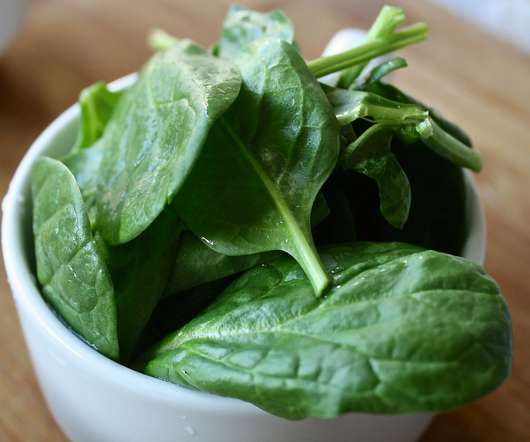
Medical Xpress
DECEMBER 15, 2022
Health authorities in Australia have said nine people in Sydney suffered "toxic reactions"—including hallucinations—from a batch of spinach thought to contain an "accidental contaminant".
This site is protected by reCAPTCHA and the Google Privacy Policy and Terms of Service apply.

XTalks
JULY 16, 2021
Johnson & Johnson is recalling sunscreens from two of its popular brands over concerns of carcinogenic benzene contamination. Therefore, levels should be monitored at different stages of production to avoid harmful benzene contamination. Growing Contamination Issues. Despite this, contamination issues still persist.

Roots Analysis
FEBRUARY 28, 2022
Considering patient’s health and safety, the drug products are expected to be free from microbial contamination and should be safe for use throughout the drug’s life cycle. So as to ensure the safety of drug and prevent any chance of risk, container closure integrity testing is performed on container closure systems.

XTalks
MAY 19, 2022
The Mars recall follows the voluntary recall of about 60,000 jars of Skippy peanut butter over concerns that a limited number of jars could contain stainless steel fragments from an errant piece of manufacturing equipment last month. So why is metal contamination such a common reason for launching voluntary recalls?

Scienmag
DECEMBER 16, 2021
. — Cannabis plants — which are used to produce industrial hemp, medical marijuana and cannabidiol (CBD) oil, among other products — have an inherent ability to absorb heavy metals from the soil, making them useful for remediating contaminated sites. But this ability to soak up toxic metals may also make cannabis dangerous […].
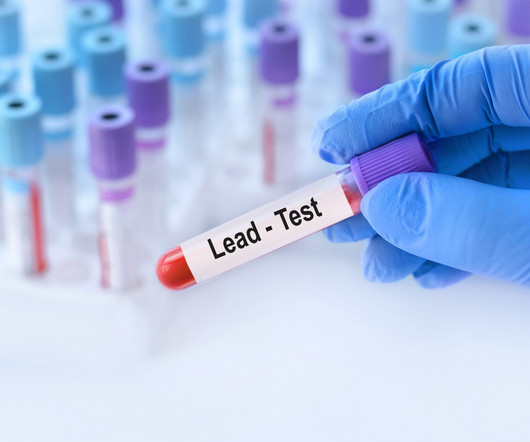
XTalks
AUGUST 12, 2024
Lead, a toxic metal, can enter the food supply through environmental contamination during the growing, raising or processing of foods. FDA’s Regulatory Framework on Lead in Food Lead contamination in food can arise from various environmental sources, including past usage of lead in paint, gasoline and plumbing materials.
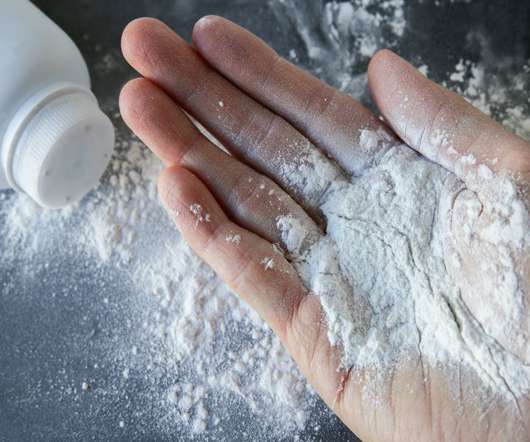
The Pharma Data
NOVEMBER 30, 2020
30, 2020 – Nearly 15% of talc-based cosmetic products analyzed in a recent study contained asbestos. She noted that EWG’s online database has identified more than 2,000 personal care products that contain talc, including more than 1,000 loose or pressed powders that could pose an inhalation risk. MONDAY, Nov. © 2020 HealthDay.

Sciensano
APRIL 18, 2023
It is characterisez by the purchase, transport and storage of food using its own containers. Sciensano, as a center of excellence in evaluating potential risks of known and emerging contaminants in food contact materials ( FCM ), designed a survey to address this gap. But is this trend safe?

Pharmaceutical Technology
AUGUST 17, 2022
Such issues are not surprising when one considers that smoke in theatre - caused by the thermal destruction of tissue - can contain pollutants such as benzene, hydrogen cyanide, formaldehyde and bioaerosols. In addition the smoke also causes practical issues in theatre, obscuring the view of medical professionals.
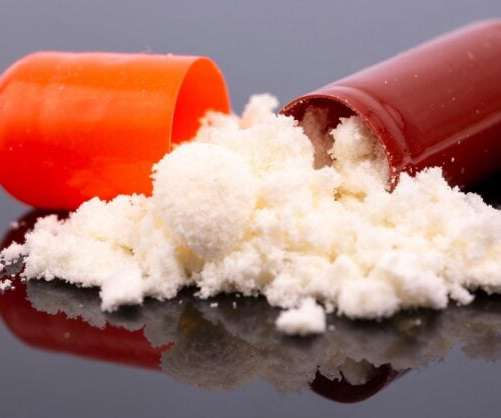
Pharmaceutical Technology
SEPTEMBER 15, 2022
Research by GlobalData (Contract Small Molecule API Manufacturing Industry by the Numbers – 2021 Edition) shows that containment facilities are in high demand as the use of cytotoxic drugs continues to grow. Adding to these factors is that oncology accounts for the majority of marketed, contained drugs. Containment challenges.
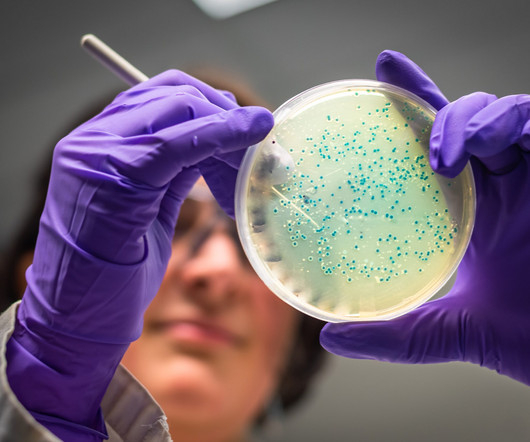
XTalks
NOVEMBER 23, 2023
Salmonella Outbreak from Poultry — The US A widespread Salmonella outbreak linked to contaminated poultry affected thousands across multiple states this year. It also encouraged a citizen petition to make it illegal to sell poultry contaminated with any one of 31 strains of Salmonella. Coli Daycare Outbreak — Canada In September, an E.

Scienmag
APRIL 28, 2021
Credit: Tracey Williams, Lost at Sea Project A ship’s container lost overboard in the North Atlantic has resulted in printer cartridges washing up everywhere from the coast of Florida to northern Norway, a new study has shown.

Scienmag
JANUARY 11, 2022
Berkeley — An estimated 370,000 Californians rely on drinking water that may contain high levels of arsenic, nitrate or hexavalent chromium, and contaminated drinking water disproportionately impact communities of color in the state, finds a new analysis led by researchers at the University of California, Berkeley, and the University of California, (..)

Pharma Mirror
JANUARY 6, 2021
Concerns and Contamination Every day American parents and caregivers reach for over-the-counter baby formulas and are surprised to find chemicals, additives, and other ingredients that are known to cause health concerns. As long as the ingredients are deemed “safe” and contamination-free, there are no specific concrete rules.
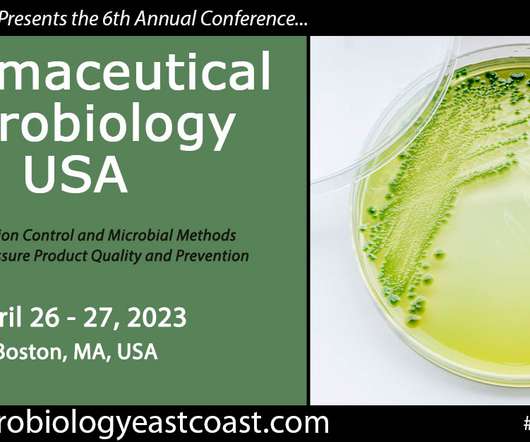
pharmaphorum
JANUARY 30, 2023
Light is being shed on recent product recalls for mould contamination, and infection outbreaks serve as a reminder to pay more attention to these overlooked organisms, as well as considerations towards container closure integrity testing which is being increasingly deployed to block microbe movement.

XTalks
JUNE 22, 2023
The factsheet also brings attention to the issues of paper packaging, asserting that it can have a significant toll on forest resources and is not always recyclable due to contamination by food or coatings of plastic and aluminum.
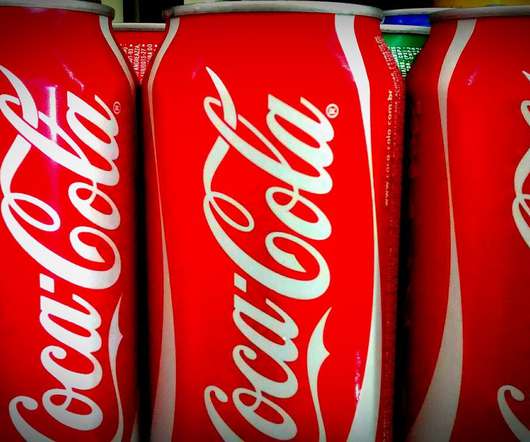
XTalks
DECEMBER 20, 2021
Last Friday, The Coca-Cola Company issued a recall of some of its beverages because the affected products may contain pieces of metal bolts, washers or other foreign objects. Both the Minute Maid and Coca-Cola beverages are set to expire in 2022, which means consumers might still have products that contain the unspecified contaminants.
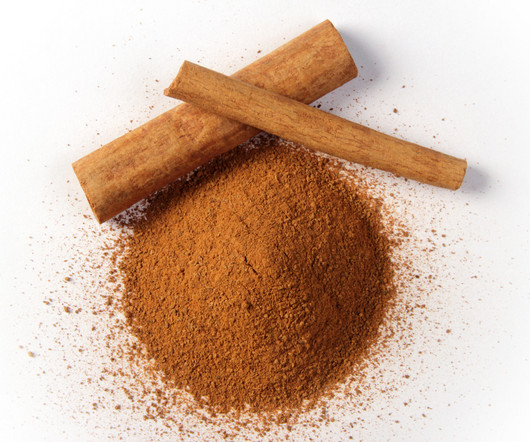
XTalks
APRIL 11, 2024
Why Cinnamon is Prone to Higher Lead Levels Cinnamon can become contaminated with lead through various pathways. One primary source is environmental contamination. Additionally, the processing of cinnamon, including drying, grinding and packaging, can introduce lead if the equipment or materials are contaminated.

Sciensano
MARCH 27, 2024
Investigations show that these counterfeit ivermectin tablets are systematically underdosed or seriously contaminated with bacteria. The FAMHP and Sciensano are warning about counterfeit ivermectin tablets that are being used for self-medication against COVID -19. These tablets are regularly found in postal packages to this day.
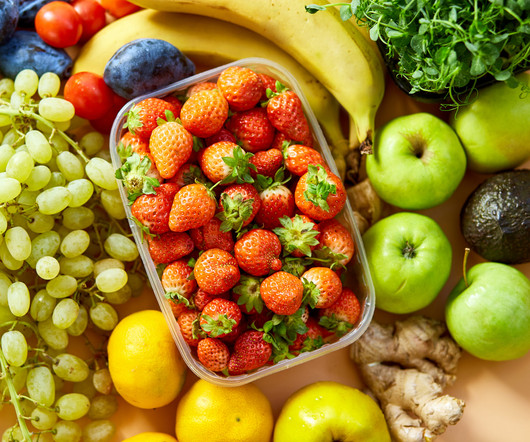
XTalks
MARCH 22, 2024
According to the EWG, about 95 percent of nonorganic strawberries, certain leafy greens (including spinach, kale, collard and mustard greens), grapes, peaches and pears contain detectable levels of pesticides. The EWG also provides a “Clean Fifteen” list , highlighting produce with the least pesticide contamination.
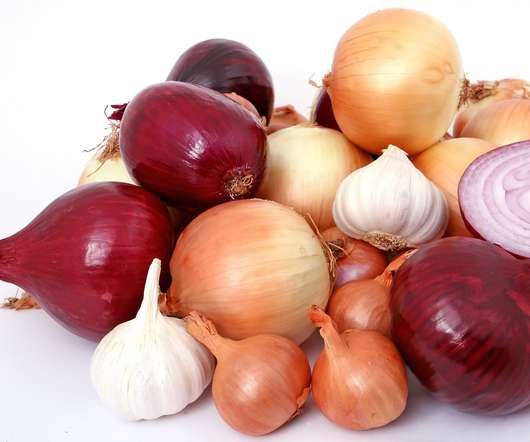
XTalks
AUGUST 12, 2020
Thomson International, a company based out of Bakersfield, California, has recalled red, yellow, white and sweet yellow onions shipped from May 1, 2020 until now due to potential Salmonella contamination. of Bakersfield, California, USA, or any products made with these onions. More about Salmonella.
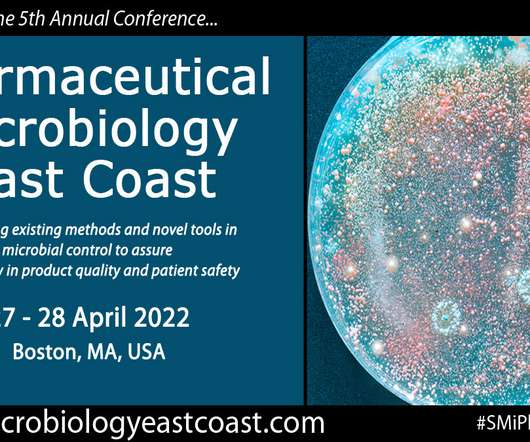
pharmaphorum
FEBRUARY 3, 2022
Light is being shed on recent product recalls for mould contamination, and infection outbreaks serve as a reminder to pay more attention to these overlooked organisms, as well as considerations towards container closure integrity testing which is being increasingly deployed to block microbe movement.

XTalks
AUGUST 31, 2020
The study, “ Seeding of outbreaks of COVID-19 by contaminated fresh and frozen food ,” was published in the journal BioRxiv which circulates preliminary findings that have not been scrutinized by peer review. Related: Garden Gourmet’s Plant-Based Tuna Exploits Market ‘White Space’. “An

XTalks
AUGUST 10, 2020
The report found that some food packaging, including burger boxes, wrappers, disposable bowls, and bags for french fries, sides and desserts — used at popular restaurants such as McDonald’s, Sweetgreen, and Wendy’s — may contain potentially hazardous PFAS chemicals. McDonald’s Big Mac clamshell container also appeared to be PFAS-treated.

FDA Law Blog
MAY 23, 2023
the product label declares “tree nut” or “fish” but fails to declare the type of tree nut or species of fish in either the ingredient list or in a separate “Contains” statement). The draft CPG directs FDA field staff to examine possible food product adulteration due to labeling related to allergen cross-contact.

XTalks
JULY 18, 2023
The drugmaker is facing more than 38,000 talc-related lawsuits, mostly over its iconic baby powder which plaintiffs claim was contaminated with asbestos that caused ovarian cancer and mesothelioma. Related: Johnson & Johnson Offers $8.9 The company now offers a cornstarch version of the baby powder.

XTalks
NOVEMBER 2, 2021
They obtained 64 samples of hamburgers, fries, cheese pizza, chicken burritos and chicken nuggets from various chains and found that over 80 percent contained the phthalate di-n-butyl phthalate (DnBP), while 70 percent contained di(2-ethylhexyl) phthalate (DEHP), both of which have been linked to reproductive health issues.

XTalks
FEBRUARY 5, 2021
Many of the foods purchased by consumers today are contained in packaging made from materials such as paper, plastic, metal or glass. This packaging resists tampering while preserving the physical, chemical and biological properties of the food they contain. Barrier Protection from Oxygen, Water Vapor and Contaminants.

XTalks
JULY 12, 2023
Despite its prevalent use in the broader food industry, fish bone detection still poses a challenge because fish bones have low density, contain minimal minerals and are incredibly thin, making them difficult to find. Historically, the main reason for installing X-ray equipment was metal contaminant detection.

pharmaphorum
JANUARY 24, 2022
The expanding production of high potency APIs, along with the increase in associated toxicities, are driving requirements for more effective containment solutions and much-needed guidelines to ensure worker safety. Assess engineering containment controls, from isolators and barriers to fully automated lines.

The Pharma Data
DECEMBER 30, 2020
30, 2020 — A hand sanitizer has been recalled because it may contain methanol, a toxic chemical known as wood alcohol, according to the U.S. Using the contaminated mouthwash can result in “oral and, potentially, systemic infections requiring antibacterial therapy. WEDNESDAY, Dec. Food and Drug Administration.
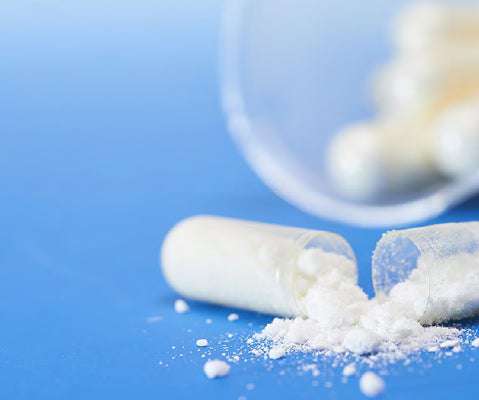
Pharmaceutical Technology
OCTOBER 28, 2022
For companies in the US, if the results show bioequivalence, an abbreviated new drug application (ANDA) containing the results is sent to the FDA to review and potentially approve. Even minor amounts of biological contaminants in your sample could cause unwanted biological effects,” Dr Amiji says.
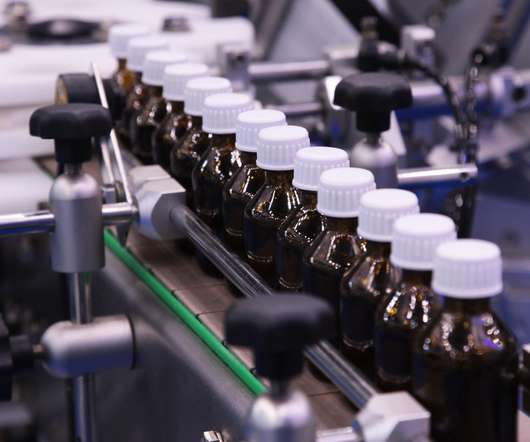
XTalks
MAY 13, 2022
A container closure system consists of all the packaging components that contain and protect a pharmaceutical product. Container Closure Systems. A container closure system protects the product from environmental conditions, safeguarding a product’s purity, strength, safety and efficacy.

Roots Analysis
OCTOBER 24, 2023
Considerations of Handling High Potency Active Pharmaceutical Ingredients HPAPIs have difficult handling requirements which require various measures to be taken into consideration such as primary containment measures and secondary containment solutions. Secondary containment strategy include personnel training and awareness programs.

XTalks
FEBRUARY 21, 2022
The BioNTainer is housed in shipping containers equipped with state-of-the-art technology for producing the mRNA vaccines from start to finish, except for the final fill-and-finish step that will be performed by local manufacturing partners. Each module contains six standard sized containers, which measure 2.6

Pharma Packaging Solutions
AUGUST 3, 2023
Additionally, the materials used should be non-toxic, odorless, and non-leaching to prevent any possible contamination of the device the packaging is designed to contain. Material All medical device packaging should be manufactured using materials that are both known and traceable.
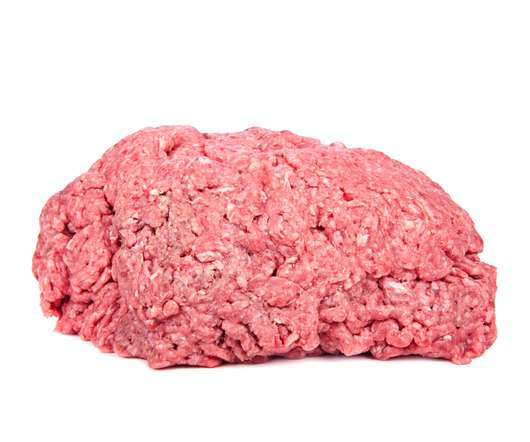
XTalks
SEPTEMBER 13, 2022
The meal kits containing ground beef for this public health alert were shipped to consumers from July 2-21, 2022,” the FSIS stated in a public health alert. plastic vacuum-packed packages containing ‘GROUND BEEF 85% LEAN/15% FAT’ with codes ‘EST#46841 L1 22 155’ or ‘EST#46841 L5 22 155’ on the side of the packaging.”.

pharmaphorum
AUGUST 24, 2020
Key sessions include: • Evaluating the ongoing Complications of Personnel Derived Contaminations. Container Closure Integrity Evaluation: USP Perspective. • Container Closure Integrity and Controls Strategies Ensuring Product Sterility. A Sustainable, Ecological and Efficient rFC Endotoxin Testing Solution.

FDA Law Blog
JULY 18, 2023
Table: Inventory Shift Over FY2018-FY2022 for Countries (Greater Than 50 Sites) Drug Products In addition to a catalog of manufacturing sites, OPQ reports that CDER also keeps a drug product catalog that contains over 140,000 entries. CGMP deviations caused 56 recalls, and excipient manufacturers performed 51 recalls due to contamination.

JAMA Internal Medicine
MARCH 7, 2021
3 fatty acids eicosapentaenoic acid (20:5n-3) and docosahexaenoic acid (22:6n-3) and also contain other nutrients, such as vitamin D, riboflavin, iodine, calcium, phosphorus, magnesium, potassium, zinc, and iron. Fish and shellfish (hereafter referred to as fish) are major sources of the dietary long-chain ?-3
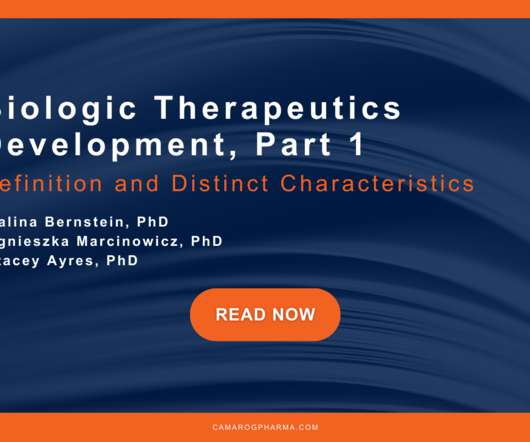
Camargo
NOVEMBER 29, 2021
Essentially, a biologic is a product that is produced from living organisms or that contains components of living organisms. They are often heat sensitive, membrane impermeable, subject to enzymatic degradation, and susceptible to microbial contamination (a factor which impacts manufacturing steps and quality considerations).

pharmaphorum
JUNE 8, 2022
Join us to discuss and address the Guidance and Regulation including the EU GMP Annex 1, environmental control delving into the contamination control strategy, Pharma moving forward 4.0 Led by: Richard Denk, Senior Consultant Aseptic Processing & Containment, Skan AG. PLUS – Post-Conference Workshop on 21 September 2022….

The Pharma Data
JANUARY 27, 2021
During the COVID-19 pandemic, there has been a large increase in hand sanitizers from Mexico that are labeled to contain ethanol (also known as ethyl alcohol) but have tested positive for methanol contamination, according to the agency. Food and Drug Administration says. consumers in mind.” ” More Information.
Expert insights. Personalized for you.
We have resent the email to
Are you sure you want to cancel your subscriptions?


Let's personalize your content